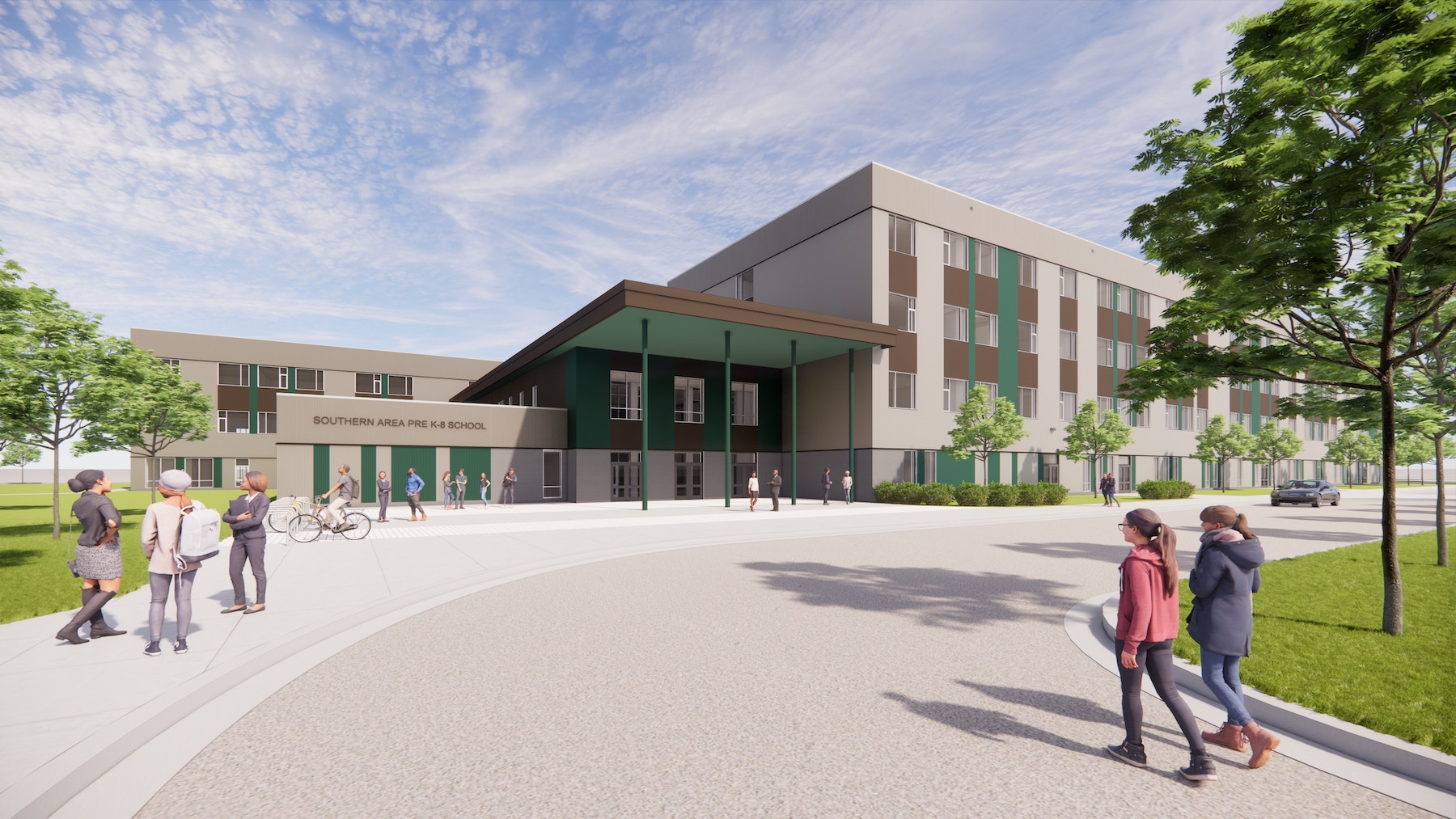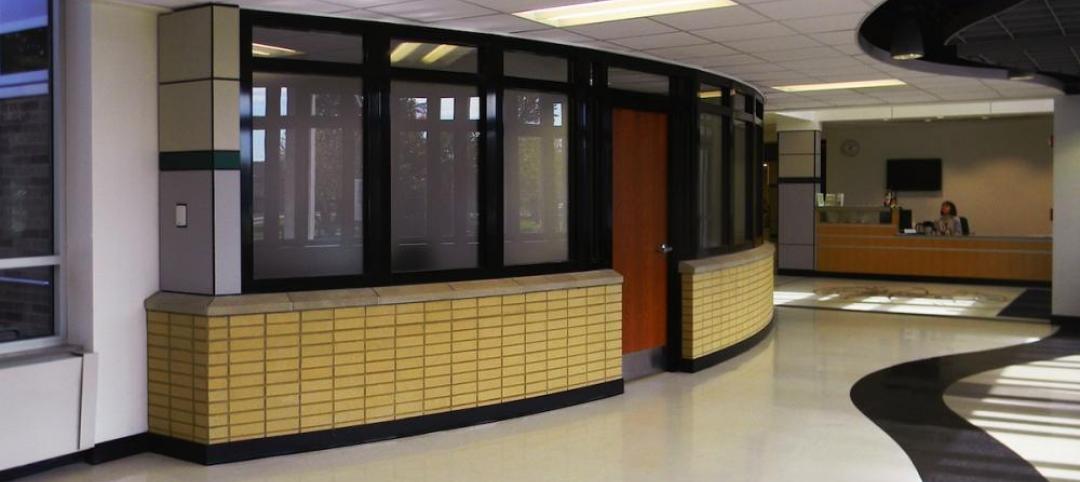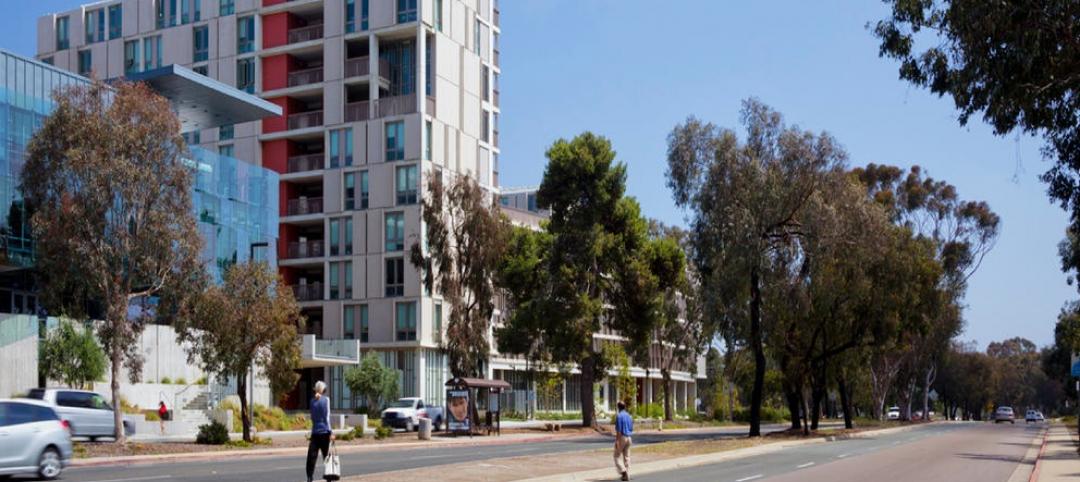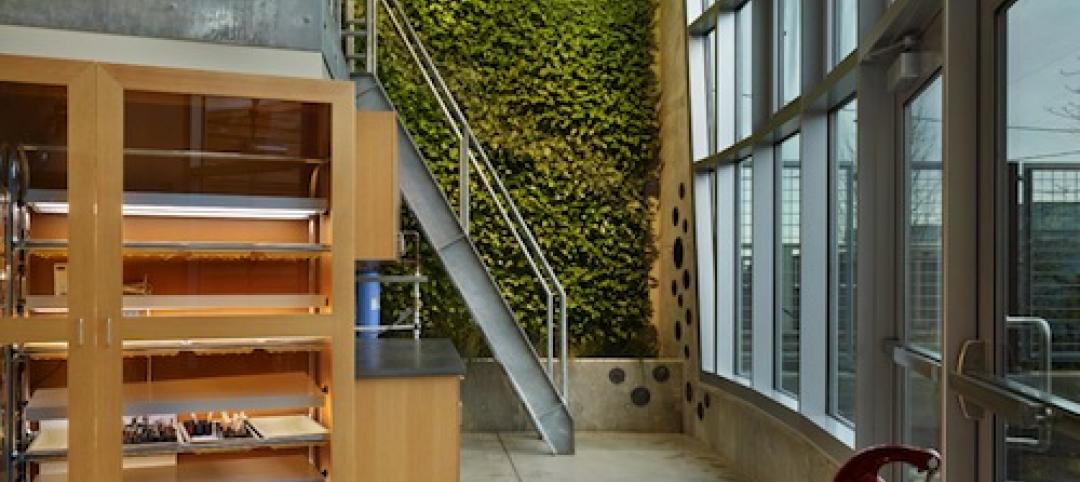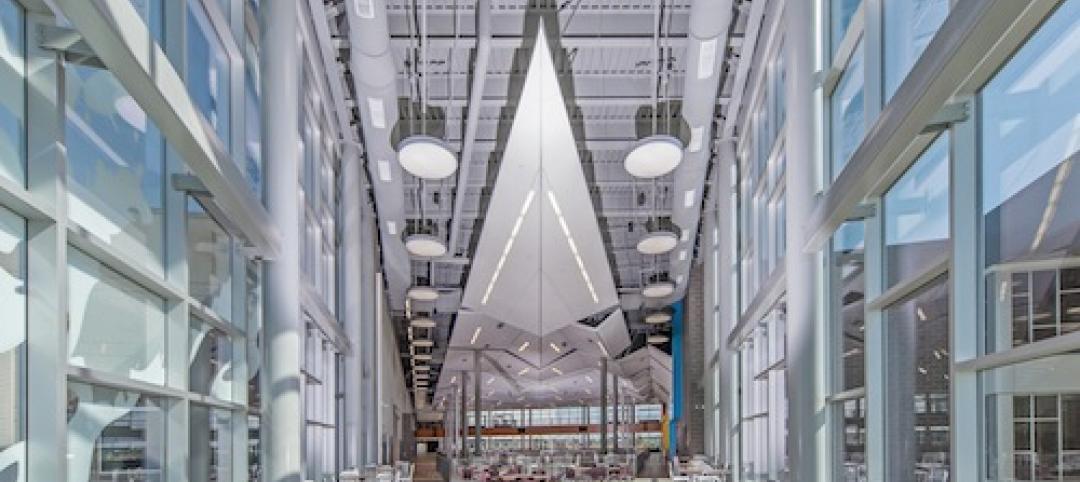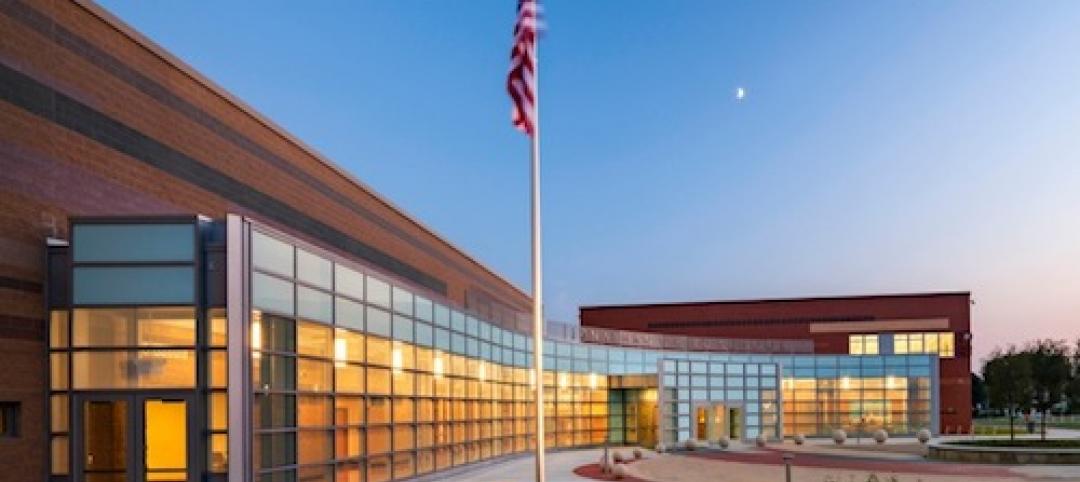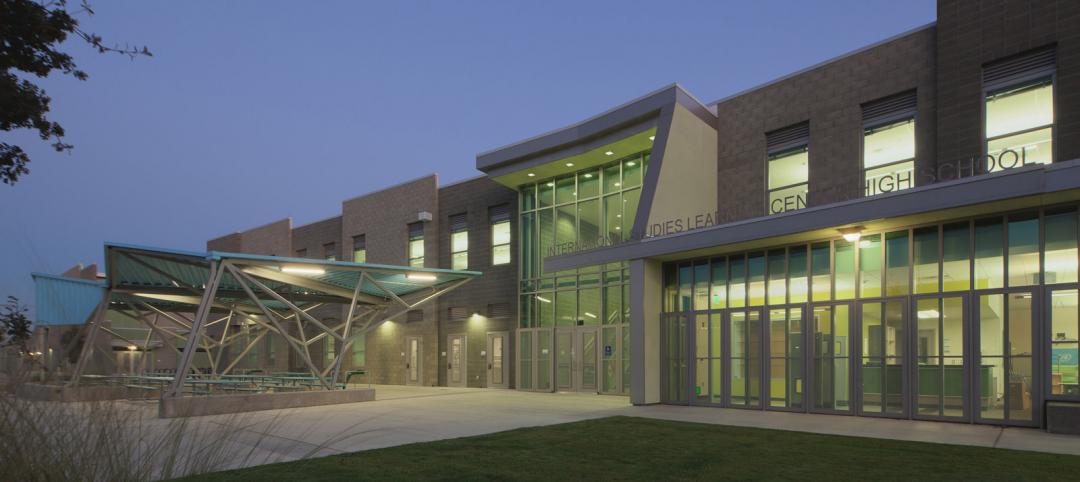Next month, Prince George’s County Public Schools (PGCPS) is scheduled to open the Colin L. Powell K-8 Academy in Fort Washington, Md., a 233,865-ft school with an occupancy of 2,000, whose construction budget is $106.2 million, according to the school district.
This is one of six schools that were built under PGCPS’s Blueprint Schools Program, a collaborative public-private partnership that has significantly reduced the schools’ construction time and cost.
The five other schools, which opened last August, are the 144,800-sf Drew-Freeman Middle School for classes 6-8 in Hillcrest Heights, Md.; the 162,610-sf Hyatt Middle School in Hyattsville, Md.; the 144,800-sf Kenmore School in Landover, Md., for 1,200 6th through 8th graders; the 144,800-sf Sonia Sotomayor Middle School in Adelphi, Md.; and the 144,800-sf Walker Mill Middle School in Capital Heights, Md., with a 1,200-person capacity.
In addition to STEAM labs with 3D printers and robotics, each Blueprint school will feature a video production studio, community clinics, and media center. The schools are solar- and electric vehicle charging-ready, with solar installation slated for completion in the fall of 2024. Hyattsville includes a black-box theater. And Colin Powell will have an elementary library, four Pre-K classrooms, and auxiliary gym, and innovation lab.
Commitment to diversity
The P3, known as Prince George’s County Education and Community Partners (PGCECP), delivered these schools in just 2½ years. Without this P3 agreement, it would have taken 16 years to fund and build them, according to Bob Hunt, Group Managing Director-Government, Education, and Non Profit Advisory for JLL, which served as the technical and financial advisor to PGCPS.
The P3 team includes development and financing members Fengate Asset Management and Gilbane Development Company, Gilbane Building Company (lead design-builder), Stantec (architect and design lead), and Honeywell (lead services provider).
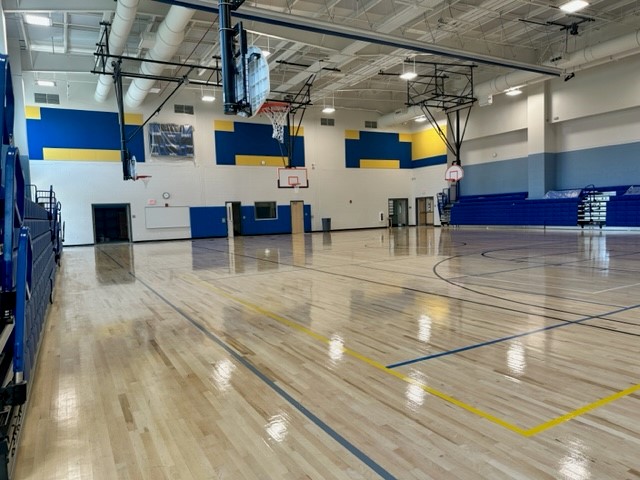
The Blueprint program’s planning, outreach, and support are geared toward increasing opportunities for small businesses, county-based businesses, and minority business enterprises. Scopes of work are created, and larger contracts are unbundled, to expand these businesses’ participation. This includes ongoing prequalification for all anticipated contracts for each key team member.
As of August 2023, PGCECP had exceeded its goal by awarding $134 million, or one-third, of its contracts for the schools built under Blueprint to Minority-owned businesses such as Arel Architects, which is part of the P3’s design team and has a mentor-protégé relationship with Stantec. Warren Builds Construction and Corenic Construction Group have similar arrangements with Gilbane. Three|E Consulting Group, a county-based business, serves as the economic inclusion and compliance team.
The next phase with more partners
Under a traditional design-bid-build contract, PGCPS estimates that the six schools would have cost an aggregate $868.8 million to design and construct. The schools in the Blueprint program were completed for a total of $485.8 million and include 30 years of facilities maintenance from Honeywell, which must adhere to MBE/CBB procurement requirements. PGCPS projects a savings of $170 million over three decades, compared to the traditional model.
Phase II of the Blueprint program will deliver eight more schools that further meet the needs of the district's 133,000 students and nearly 20,000 employees. Prince George’s County Education Collective was recently selected as Phase II’s final bidder. The Collective consists of equity members Plenary Americas US Holdings and Ellis Don Capital; MBE equity member Phoenix Infrastructure Group Investments, lead contractor MCN Build, and lead service providers US Facilities, Ellis Don Facilities Services, and RSC Electrical and Mechanical.
Related Stories
| Apr 30, 2013
Tips for designing with fire rated glass - AIA/CES course
Kate Steel of Steel Consulting Services offers tips and advice for choosing the correct code-compliant glazing product for every fire-rated application. This BD+C University class is worth 1.0 AIA LU/HSW.
| Apr 25, 2013
Colorado State University, DLR Group team to study 12 high-performance schools
DLR Group and the Institute for the Built Environment at Colorado State University have collaborated on a research project to evaluate the effect of green school design on occupants and long-term building performance.
| Apr 24, 2013
North Carolina bill would ban green rating systems that put state lumber industry at disadvantage
North Carolina lawmakers have introduced state legislation that would restrict the use of national green building rating programs, including LEED, on public projects.
| Apr 24, 2013
Los Angeles may add cool roofs to its building code
Los Angeles Mayor Antonio Villaraigosa wants cool roofs added to the city’s building code. He is also asking the Department of Water and Power (LADWP) to create incentives that make it financially attractive for homeowners to install cool roofs.
| Apr 22, 2013
Top 10 green building projects for 2013 [slideshow]
The AIA's Committee on the Environment selected its top ten examples of sustainable architecture and green design solutions that protect and enhance the environment.
| Apr 15, 2013
Seattle school certified as world's fourth Living Building
Bertschi School, an independent elementary school in the Capitol Hill neighborhood of Seattle, Wash., is now home to the first Living Building on the West Coast and the world’s fourth fully-certified Living Building.


